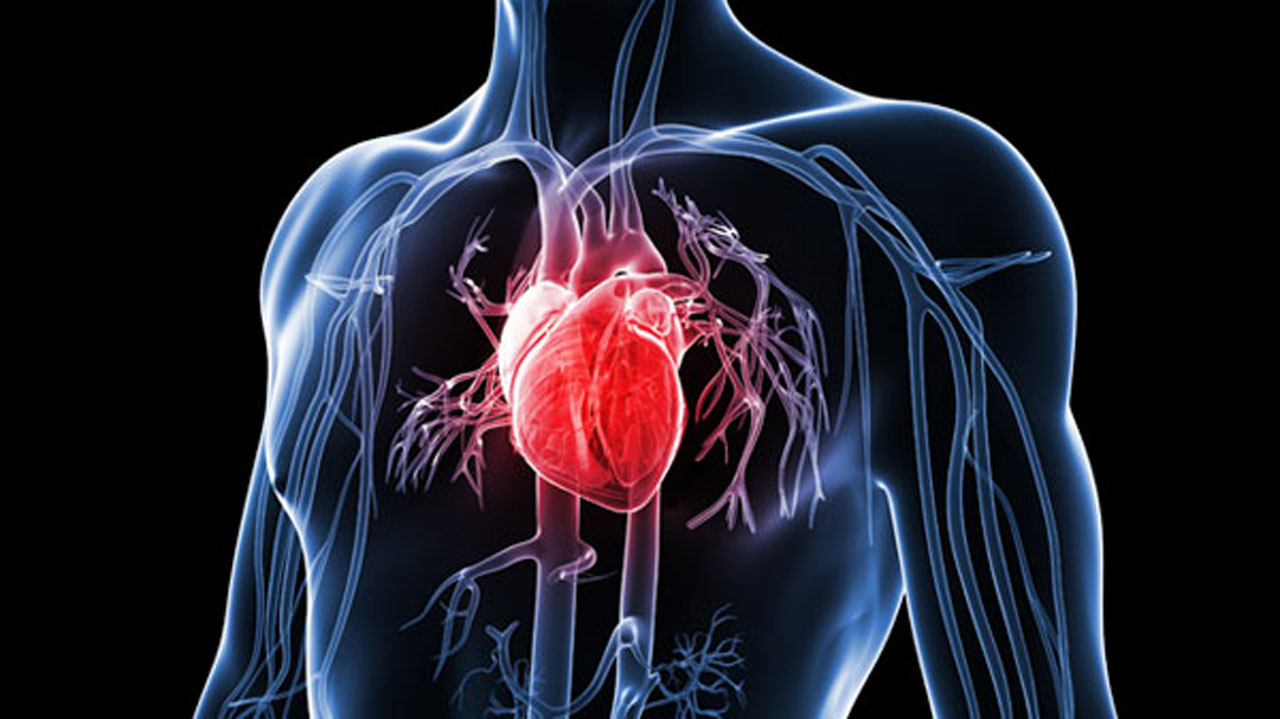- Empty cart.
- Continue Shopping
The Role of Diet in Heart Disease Prevention

Heart disease, including conditions like coronary artery disease and heart attacks, remains one of the leading causes of death worldwide. While genetics and lifestyle factors play a role, diet is a significant contributor to heart disease risk. Fortunately, adopting a heart-healthy diet can help prevent heart disease and promote overall cardiovascular health.
Understanding Heart Disease Risk Factors
Before delving into dietary recommendations, it’s important to understand the key risk factors for heart disease:
- High Blood Pressure: Hypertension increases the workload on your heart and the risk of heart disease.
- High Cholesterol: Elevated levels of LDL (low-density lipoprotein) cholesterol, often referred to as “bad” cholesterol, can lead to the buildup of plaque in the arteries, increasing the risk of heart disease.
- Diabetes: People with diabetes are at a higher risk of heart disease due to elevated blood sugar levels and associated complications.
- Obesity: Excess body weight, especially around the abdomen, is a risk factor for heart disease.
- Smoking: Smoking damages blood vessels, reduces oxygen in the blood, and increases the risk of heart disease.
- Physical Inactivity: A sedentary lifestyle is linked to an increased risk of heart disease.
Dietary Guidelines for Heart Disease Prevention
To reduce your risk of heart disease and promote heart health, consider the following dietary guidelines:
1. Emphasize a Plant-Based Diet:
- Fruits and Vegetables: Aim to consume a variety of colorful fruits and vegetables daily. They are rich in vitamins, minerals, antioxidants, and fiber, which help lower the risk of heart disease.
- Whole Grains: Choose whole grains like oats, brown rice, quinoa, and whole wheat over refined grains. They provide essential nutrients and fiber.
- Legumes: Incorporate beans, lentils, and peas into your meals. They are excellent sources of protein and fiber.
2. Opt for Healthy Fats:
- Monounsaturated and Polyunsaturated Fats: These healthy fats are found in olive oil, avocados, nuts, and seeds. They can help lower LDL cholesterol levels when used as replacements for saturated and trans fats.
- Fatty Fish: Eat fatty fish like salmon, mackerel, and trout, which are rich in omega-3 fatty acids. Omega-3s have been shown to reduce the risk of heart disease.
3. Limit Saturated and Trans Fats:
- Saturated Fats: Limit the intake of saturated fats found in red meat, full-fat dairy products, and tropical oils like coconut and palm oil.
- Trans Fats: Avoid foods containing trans fats, often found in processed and fried foods. Check labels for “partially hydrogenated oils.”
4. Reduce Sodium (Salt) Intake:
- Limit Processed Foods: Many processed foods are high in sodium. Cook at home and use herbs and spices to season food instead of salt.
- Read Labels: Be mindful of sodium content when buying packaged foods, and aim to stay within recommended daily limits.
5. Control Portion Sizes:
- Be Mindful of Portions: Pay attention to portion sizes to avoid overeating, which can lead to weight gain and increased heart disease risk.
6. Choose Lean Protein Sources:
- Poultry, Fish, and Plant-Based Proteins: Opt for lean cuts of poultry and fish, and include plant-based protein sources like tofu, legumes, and tempeh.
- Limit Red Meat: Reduce the consumption of red and processed meats, as they are associated with an increased risk of heart disease.
7. Limit Added Sugars:
- Reduce Sugary Beverages: Cut back on sugary drinks like sodas, energy drinks, and sweetened fruit juices.
- Read Labels: Check food labels for hidden sources of added sugars in products like sauces, dressings, and snacks.
8. Moderation is Key:
- Alcohol: If you consume alcohol, do so in moderation. Limit alcohol intake to one drink per day for women and up to two drinks per day for men.
9. Stay Hydrated:
- Water: Ensure adequate water intake. Dehydration can strain the heart.
In Conclusion, Diet plays a significant role in heart disease prevention and overall cardiovascular health. By adopting a balanced diet that emphasizes plant-based foods, healthy fats, and lean proteins while limiting saturated fats, trans fats, added sugars, and sodium, you can reduce your risk of heart disease. Combined with regular physical activity and other lifestyle factors, a heart-healthy diet is a crucial step toward maintaining a strong and healthy heart throughout your life. Consulting with a healthcare provider or a registered dietitian can provide personalized guidance and support on your journey to heart disease prevention through diet.








